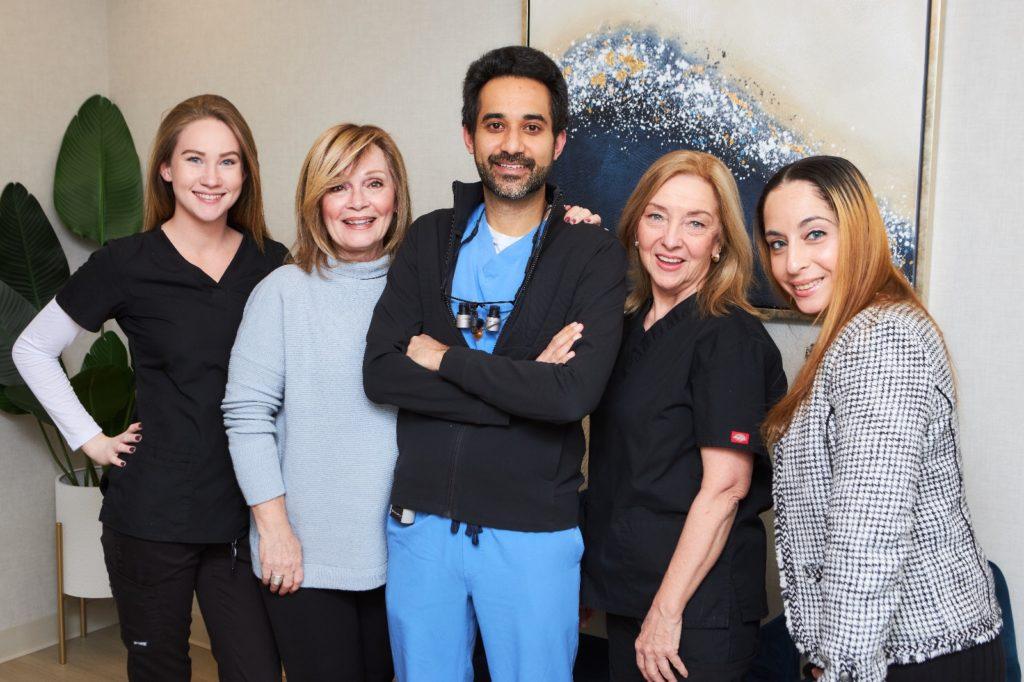Notifications

6 minutes, 18 seconds
-21 Views 0 Comments 0 Likes 0 Reviews

Dental sealants are a valuable preventive treatment that helps protect your teeth from cavities, particularly in hard-to-reach areas like the molars. These thin plastic coatings are applied to the chewing surfaces of your back teeth to act as a barrier against decay-causing bacteria and food particles. Sealants are often recommended by an experienced dentist in the East Village, particularly for children and teenagers; however, adults can also benefit from them. While sealants are an excellent investment in your oral health, proper care is essential to maintain their effectiveness and longevity.
Let’s explore the steps you can take to care for your dental sealants.
Although dental sealants provide a protective barrier against cavities, they are not a substitute for good oral hygiene. Brushing your teeth twice a day with fluoride toothpaste and flossing daily are still essential to maintain a clean mouth. Focus on brushing along the gum line, between teeth, and along the surfaces where the sealants are applied to ensure that food particles and plaque are removed. Regular dental cleanings are also essential to prevent plaque buildup, which can weaken the bond between the sealant and the tooth.
One of the benefits of dental sealants is that they provide extra protection for your teeth, but they’re not impervious to damage. To keep your sealants intact, avoid chewing hard or sticky foods that could potentially dislodge or wear down the material. Hard candies, ice, and sticky gum can be especially harmful. If you accidentally bite down on something hard, it could cause your sealant to crack or come loose, leaving your tooth vulnerable to decay. Stick to softer foods that won’t put undue pressure on your teeth.
Your teeth should only be used for chewing food. Using them to open packages, bite nails, or perform other tasks can put unnecessary stress on both your teeth and your sealants. This kind of misuse can cause chips or cracks in the sealant, as well as damage to the underlying tooth. If you notice any changes in the way your sealant feels or if you experience discomfort. At the same time, chewing, it’s essential to schedule a visit with your dentist to assess the situation.
Regular dental checkups are essential for maintaining the health of your sealants and your overall oral hygiene. During these visits, your dentist will inspect the sealants to ensure they remain intact and functioning correctly. They may also take X-rays to ensure that no decay has developed underneath the sealant. If a sealant has become worn or cracked, your dentist can easily replace or repair it, helping to preserve the protection it provides. Early intervention is crucial for maintaining your oral health and preventing issues from escalating.
Teeth grinding, or bruxism, is a common problem that can cause significant wear and tear on both your teeth and dental restorations, including sealants. If you grind your teeth, especially at night, it’s essential to consult your dentist about solutions such as a night guard. A nightguard can protect both your teeth and your sealants from the damaging effects of grinding and clenching, helping them last longer and maintain their protective function.
While dental sealants in East Village are durable, they can wear down over time, especially if proper care is not taken. If you notice that a sealant feels rough or jagged, or if you experience tooth sensitivity in the treated areas, it could be a sign that the sealant has worn down or become damaged. Be sure to inform your dentist about any changes you notice, as they can evaluate whether the sealant needs to be reapplied or repaired.
Conclusion
Dental sealants are an excellent preventive measure to protect your teeth from cavities, but like any dental treatment, they require proper care to ensure they continue to function effectively. By practicing good oral hygiene, avoiding hard or sticky foods, visiting your dentist regularly, and being mindful of your teeth’s overall health, you can maintain the longevity of your sealants and preserve your smile for years to come. Always consult your dentist if you have any concerns or questions about your dental sealants or oral health. With the right care, your sealants can continue to safeguard your teeth from cavities, helping you maintain a healthy and beautiful smile.

